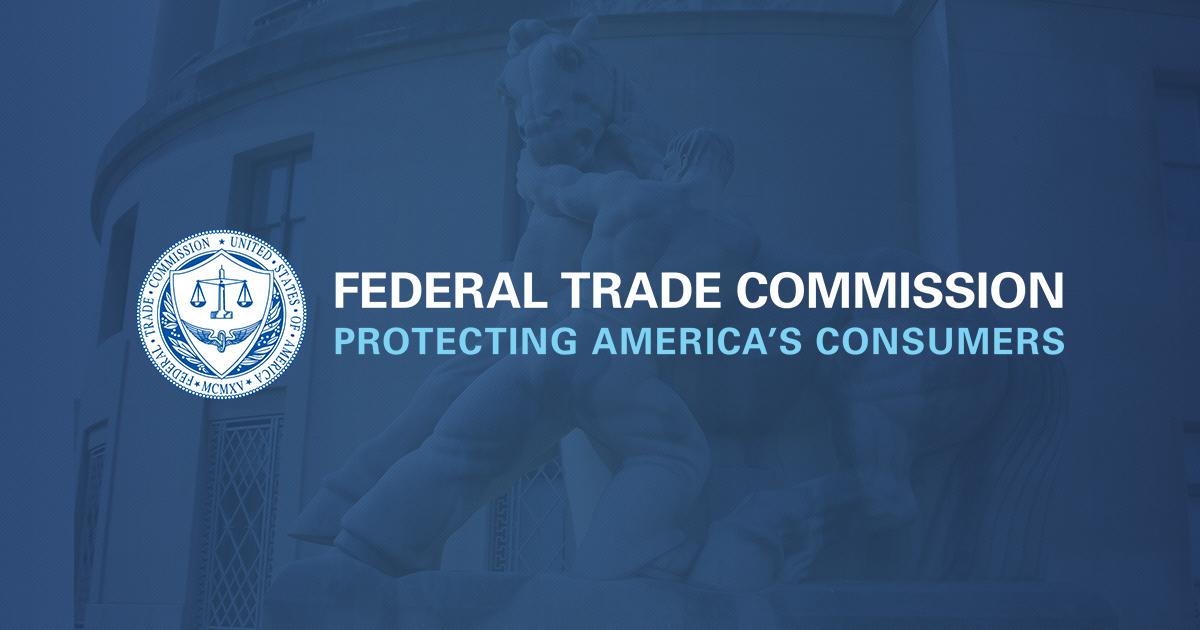An operation that foisted sexually explicit online pop-up ads on unwitting consumers has agreed to settle Federal Trade Commission charges that the practice violated federal law. The settlement bars the defendant from displaying sexually explicit online ads to consumers who are not seeking out sexually explicit content.
According to the FTC, AdultFriendFinder.com, which touts itself as “The World’s Largest Sex & Swingers Personal Community,” and its affiliates use pop-up ads to drive traffic to its Web sites. Some of the ads have included graphic depictions of sexual behavior, exposing consumers, including children, to sexually explicit images. Such ads were displayed to consumers who were searching online using terms such as “flowers,” “travel,” and “vacations.” In some cases, defendant’s sexually explicit ads were distributed using spyware and adware.
The agency alleged that the practice of displaying graphic pop-up ads without consumer consent was unfair, and violated the FTC Act.
The settlement bars the defendant from displaying sexually explicit ads to consumers unless the consumers are actively seeking out sexually explicit content or unless the consumers have consented to viewing sexually explicit content. It requires the defendant to take steps to ensure that its affiliates comply with the restriction, and end its relationship with any affiliates who do not comply. It also requires the defendant to establish an Internet-based mechanism for consumers to submit complaints. Finally, the settlement contains bookkeeping and record- keeping requirements to allow the Commission to monitor compliance.
The defendant named in the FTC complaint is Various, Inc., a California corporation doing business as AdultFriendFinder, AdultFriendFinder.com, and Cams.com.
The Commission vote to authorize staff to file the complaint and stipulated final order was 5-0. The complaint and stipulated final order for permanent injunction will be filed today in the U.S. District Court for the Northern District of California, San Jose Division.
NOTE: This stipulated final order is for settlement purposes only and does not constitute an admission by the defendant of a law violation. A stipulated final order requires approval by the court and has the force of law when signed by the judge.
The FTC works for the consumer to prevent fraudulent, deceptive, and unfair business practices and to provide information to help spot, stop, and avoid them. To file a complaint in English or Spanish, click http://www.ftc.gov/ftc/complaint.shtm or call 1-877-382-4357. The FTC enters Internet, telemarketing, identity theft, and other fraud-related complaints into Consumer Sentinel, a secure, online database available to more than 1,600 civil and criminal law enforcement agencies in the U.S. and abroad. For free information on a variety of consumer topics, click http://www.ftc.gov/bcp/consumer.shtm.

